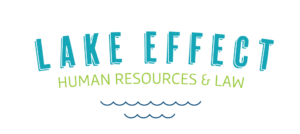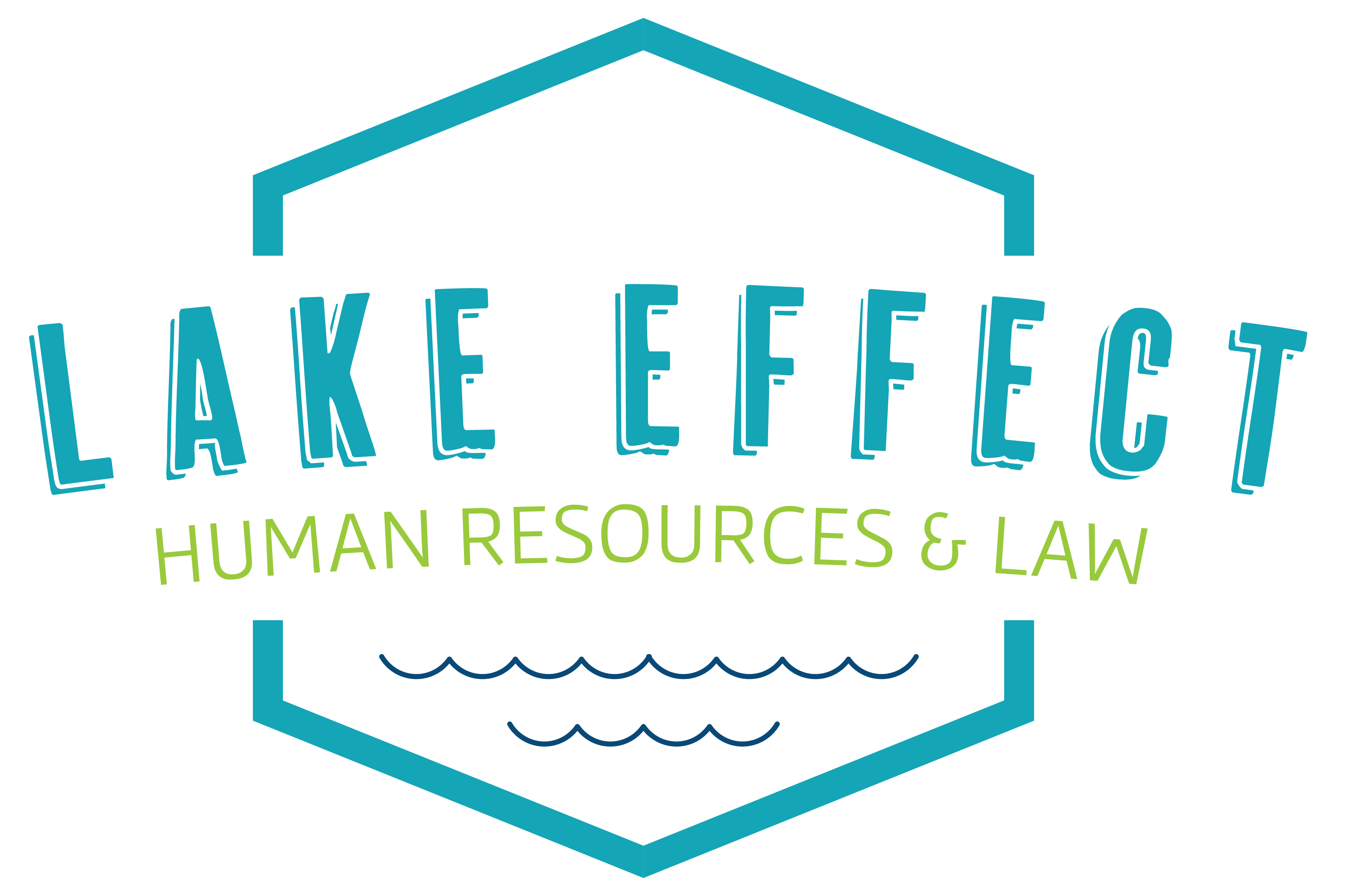I-9: Extension to Remote Validation

** Update December 2021** The Department of Homeland Security (DHS) and U.S. Immigration and Customs Enforcement (ICE) have extended the flexibility in complying with requirements related to Form I-9 until April 30, 2022. See our earlier blog for more information on how to obtain, remotely inspect, and retain copies of the identity and employment eligibility […]
Dane County Face Covering Emergency Order #6

Public Health Madison & Dane County has issued Face Covering Emergency Order #6. The new order is effective January 3, 2022 and remains in place until February 1, 2022. The only change from the previous Order #5 (see Lake Effect’s summary of the previous orders here) is the extension of time. Lake Effect is here […]
Update on OSHA’s Vaccination and Testing Emergency Temporary Standard

On December 17, 2021, the U.S. Court of Appeals for the Sixth Circuit lifted the stay placed by the Fifth Circuit and cleared the way for OSHA’s Emergency Temporary Standard (ETS) to proceed. A coalition of trade groups quickly appealed the decision to the U.S. Supreme Court for final determination. Almost immediately, OSHA updated its […]
EEOC Clarifies When COVID-19 Condition May Be a “Disability” Under the ADA

The EEOC updated its COVID-19 Technical Assistance Guidance on December 14, 2021. The Guidance’s new Subpart N discusses when COVID-19 or a post-COVID condition may qualify as an ADA covered “disability” triggering the statute’s anti-discrimination and reasonable accommodation requirements. Key points include: Not every COVID-19 related impairment constitutes a disability under the ADA, and the […]
Dane County Face Covering Emergency Order #5

Public Health Madison & Dane County has issued Face Covering Emergency Order #5. The new order is effective November 27, 2021. The only changes from the previous order (see Lake Effect’s summary of the previous orders here) are the following: A new exemption for fully vaccinated persons in enclosed spaces with other fully vaccinated persons: […]
The Uncertain Fate of OSHA’s ETS Mandating Employer Vaccination Policies

What is the status of OSHA’s ETS? As Lake Effect previously reported, OSHA issued an Emergency Temporary Standard earlier this month requiring employers with 100 or more employees to implement mandatory vaccination or testing/masking policies. Read our prior blog for a full discussion of OSHA’s guidelines and requirements. In response to the ETS, employers across […]
OSHA Issues COVID-19 Vaccination and Testing Emergency Temporary Standard

On November 4, 2021, OSHA issued its Emergency Temporary Standard (ETS) and a helpful FAQ detailing the federal mandatory vaccination and testing requirements for large employers across the country. The ETS is lengthy and detailed, but major highlights include the following: Who: The mandatory vaccination and testing requirements apply to US employers with at least 100 employees firm or […]
US Department of Labor Issues Final Rule on Tipped Workers

On October 28, 2021, the US Department of Labor (DOL) issued its Final Rule on tipped workers, establishing when tipped employees can be paid less than the federal minimum wage, an issue that has been in a state of flux over the last several years. The Final Rule will take effect on December 28, 2021. […]
Dane County Face Covering Emergency Order #4

Public Health Madison & Dane County has issued Face Covering Emergency Order #4. The new order is effective November 5, 2021. The only change from the previous order (see Lake Effect’s summary of the previous orders here) is to extend the face covering requirements until November 27, 2021. At this time, PHMDC plans to let […]
EEOC Provides Additional Guidance on Religious Objections to Vaccine Mandates

On October 25, 2021, the EEOC updated its COVID-19 Technical Assistance to specifically address religious objections to employer vaccine mandates. The update provides employers with additional guidance regarding their Title VII obligation to accommodate employees who request exceptions to vaccination requirements based upon religious beliefs. Key updates in Section L. Vaccinations – Title VII and […]

